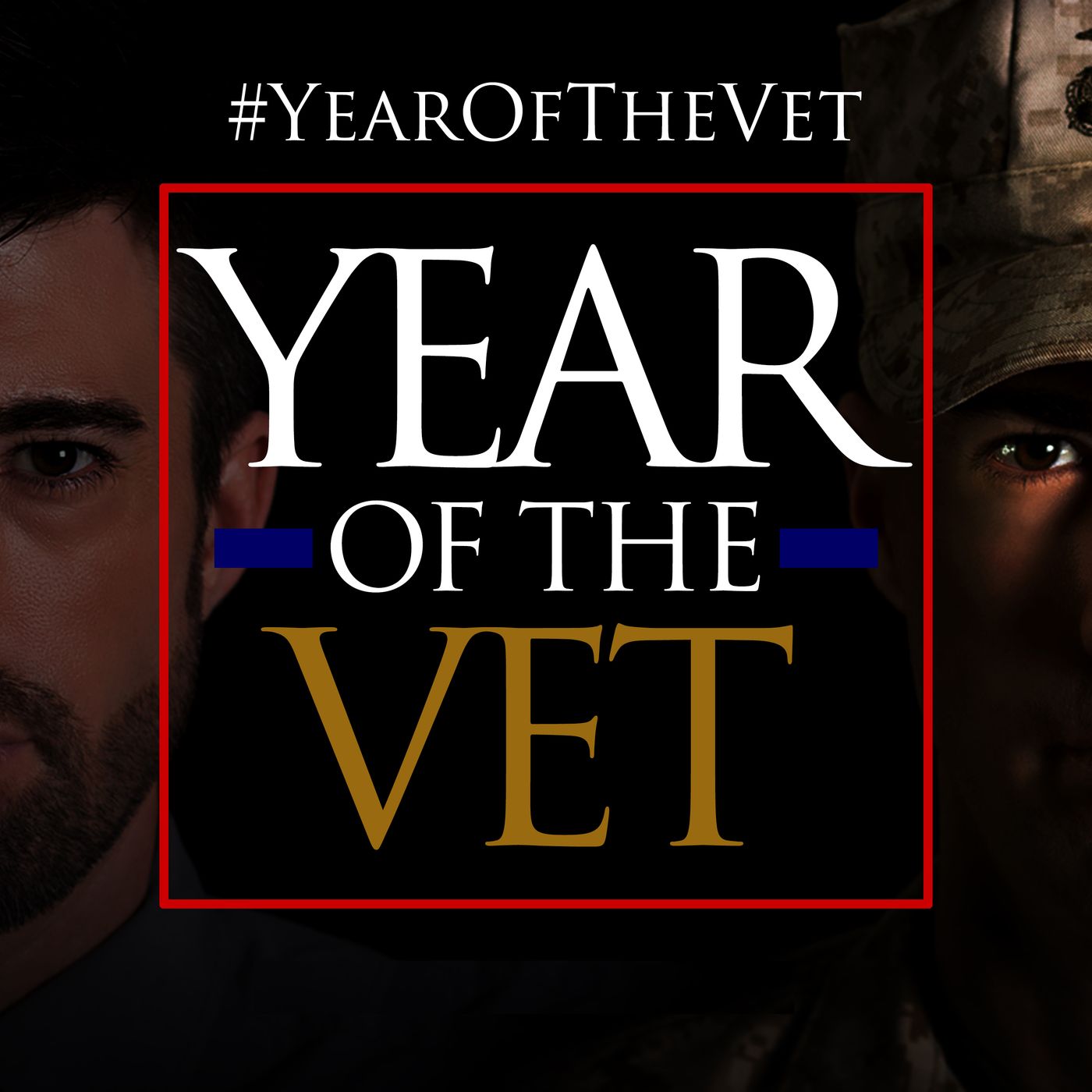- Culture
- SEE MORE
- classical
- general
- talk
- News
- Family
- Bürgerfunk
- pop
- Islam
- soul
- jazz
- Comedy
- humor
- wissenschaft
- opera
- baroque
- gesellschaft
- theater
- Local
- alternative
- electro
- rock
- rap
- lifestyle
- Music
- como
- RNE
- ballads
- greek
- Buddhism
- deportes
- christian
- Technology
- piano
- djs
- Dance
- dutch
- flamenco
- social
- hope
- christian rock
- academia
- afrique
- Business
- musique
- ελληνική-μουσική
- religion
- World radio
- Zarzuela
- travel
- World
- NFL
- media
- Art
- public
- Sports
- Gospel
- st.
- baptist
- Leisure
- Kids & Family
- musical
- club
- Health & Fitness
- True Crime
- Fiction
- children
- Society & Culture
- TV & Film
- gold
- kunst
- música
- gay
- Natural
- a
- francais
- bach
- economics
- kultur
- evangelical
- tech
- Opinion
- Government
- gaming
- College
- technik
- History
- Jesus
- Health
- movies
- radio
- services
- Church
- podcast
- Education
- international
- Transportation
- Other
- kids
- podcasts
- philadelphia
- Noticias
- love
- sport
- Salud
- film
- and
- 4chan
- Disco
- Stories
- fashion
- Arts
- interviews
- hardstyle
- entertainment
- humour
- medieval
- literature
- alma
- Cultura
- video
- TV
- Science
- en
Eric DeVries - Author | Peak Performance Coach | Vet Advocate | Air Force veteran

b'Eric DeVries (Dev rEs) is an Author, Peak Performance Coach, Vet Advocate, and most admirably\\u2014an Air Force veteran. Born into that role through \\u201cThe War Generation,\\u201d Eric\\u2019s dad is a Vietnam vet, his grandpa fought in WW2 \\u2026 and he can trace family all the way back to both sides of the revolutionary war. But instead of joining the service immediately after high school, he waited till he felt that he was mature enough before enlisting, stating that \\u201cI wanted to be willing to give my life away, instead of irrationally following directions.\\u201d
After a first term as an Air Force Helicopter mechanic, he lat moved into computer programming, and then forced into intel to finish his time in the service.
----------
Show Notes
Eric talks about the rigidness of the system saying \\u201cif I had been in control of my own destiny\\u2026 there would\\u2019ve been different opportunities and different options available there for me and therefore there would\\u2019ve been different decisions\\u2026\\u201d
In 2012, he found himself in a military that \\u201cwasn\\u2019t recognizable,\\u201d and knew he \\u201cdidn\\u2019t want to do this for 20 years and started thinking about what jobs were out in the civilian world that I can translate this trade to.\\u201d Simultaneously he started fundraising for those suffering with PTSD, which at the time 18 suicides per day and there was a \\u201ccalling,\\u201d which helped the transition from the Air Force to APEX, where he worked a lot in mental training (concentration, focus, guided imagery, etc\\u2026) where he was helping clients learn to focus on the task at hand, and helping teach ways to filter out the noise in order to focus on the moment.
In our conversation he gives tips on Lat Moving. He says to \\u201clook for MOS\\u2019s that are undermanned\\u2026 if you have flexibility\\u2026 because then you don\\u2019t run into being placed into a place that they\\u2019ll place you where Uncle Sam wants you.\\u201d
He talks about active listening. Saying that \\u201cwe spend more time listening to people in order to RESPOND, than we do in order to UNDERSTAND,\\u201d and that we can get away from that by realizing that we don\\u2019t have to fix everyone\\u2019s problems and just need to\\u201d listen sometimes and respond only when needed, show empathy, and ask how we can help\\u2026 instead of offering advice.\\u201d
Eric talks about Breaking the mindset that these already set organizations that are already established (such as the Legions, VFW, etc\\u2026) won\\u2019t accept you because you are a veteran of a different era. He mentions it\\u2019s important to get involved in a peer groups because they are a great alternative to seeing a one-on-one therapist. \\u201cYou get around those individuals that share similar interest, or similar problems\\u2026 and through active listening, healing happens\\u2026\\u201d and in case one isn\\u2019t near you or you\\u2019re not comfortable with the ones around, he reminds us that all you all you need is to get 2 people to meet up, and you have a peer support group.
We talk about scholarships, reverse engineering the brain, the profession of counseling, LinkedIn, biofeedback, CSF2, the concept of who you know, the process of writing a book, but most importantly\\u2014his book, Control it, Influence it, or dump that S**it, his first of a three part series in which the first book is about the things you control, the things you can influence, how you respond to the inevitable that will happen, and how your influences have affect on other people. The second book would cover military transition: moving from a flexible machine to a different type of chaos, and book number three, would focus on the spouses.
-----------
Nothing is wrong with your radios around 45 minutes\\u2026 its my fault\\u2026 operator error\\u2026'